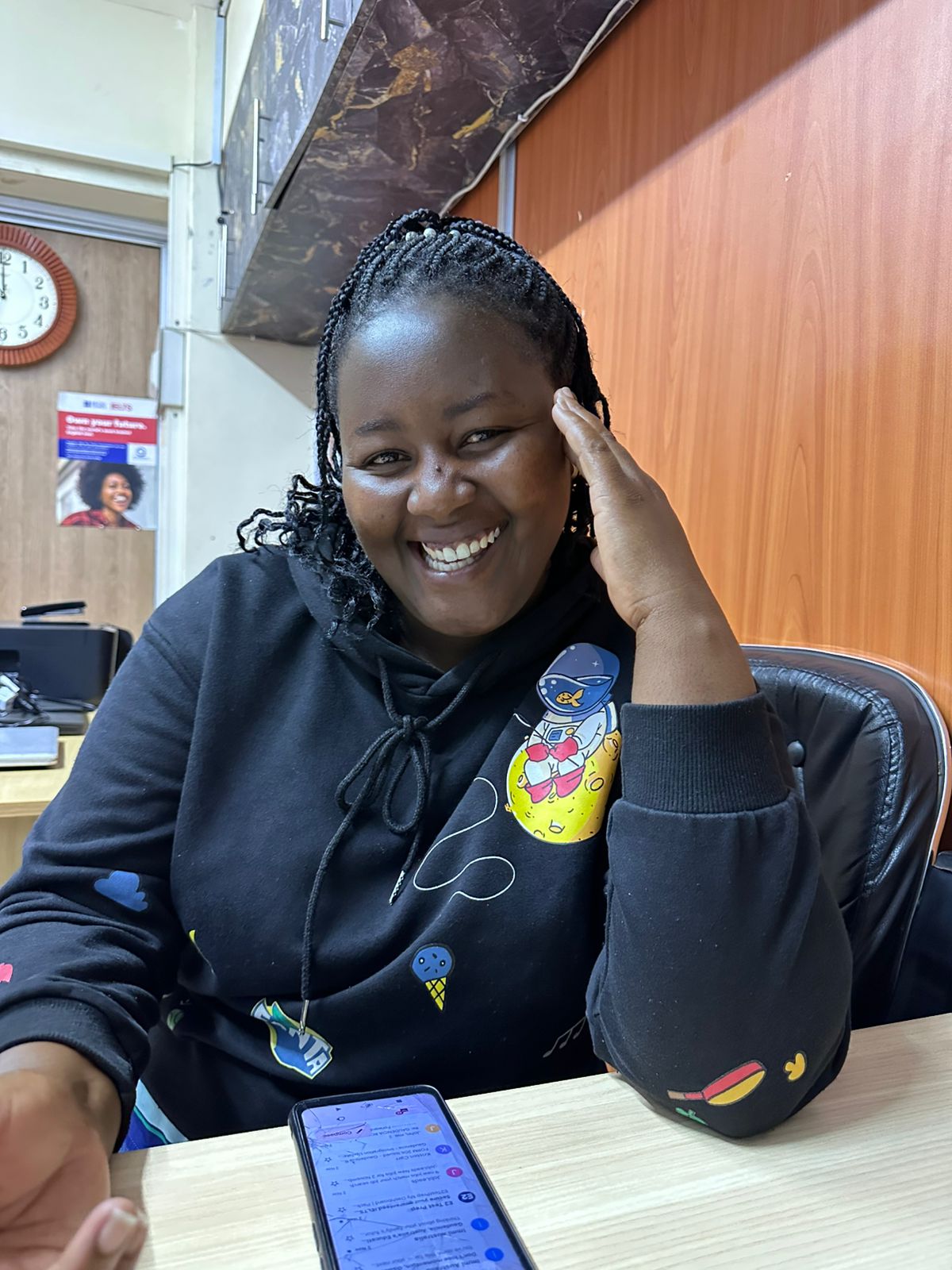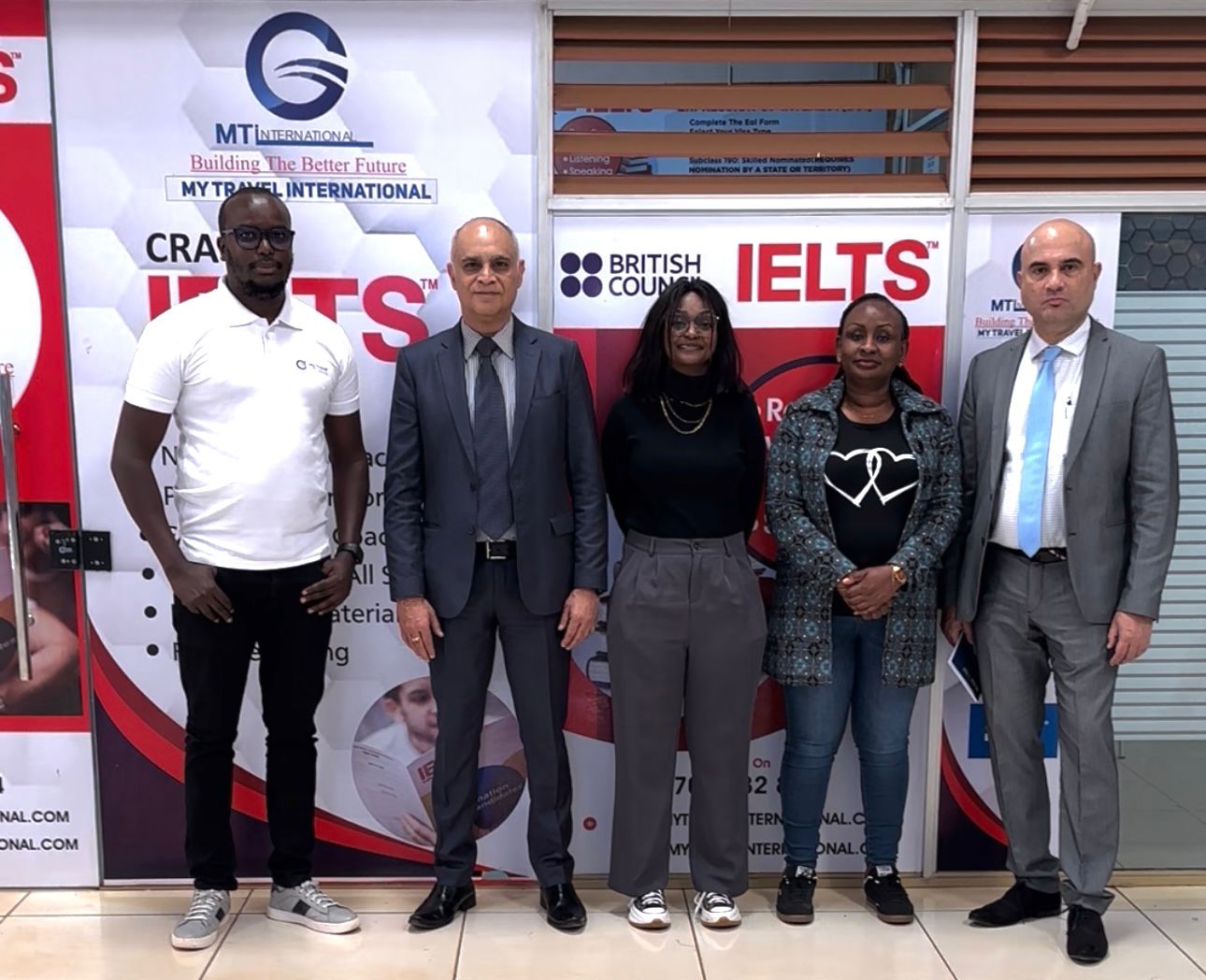🎤 What is the IELTS Speaking Test?
The IELTS Speaking section is designed to assess your ability to communicate effectively in English. It doesn’t test your academic knowledge but rather how naturally and fluently you can use the language in everyday situations.
-
Duration: 11–14 minutes
-
Format: A one-on-one interview with an examiner
-
Same scoring system for IELTS Academic and General Training
📝 Structure of the Speaking Test
-
Part 1: Introduction & Interview (4–5 minutes)
-
The examiner introduces themselves and asks about you.
-
Common topics: family, work, studies, hobbies, hometown.
-
Goal: make you feel comfortable and test your ability to speak on familiar topics.
-
-
Part 2: Cue Card / Long Turn (3–4 minutes)
-
You’ll get a task card with a topic and bullet points.
-
You have 1 minute to prepare and 1–2 minutes to speak.
-
Afterward, the examiner may ask 1–2 follow-up questions.
-
-
Part 3: Discussion (4–5 minutes)
-
More abstract, opinion-based questions related to the Part 2 topic.
-
Requires critical thinking, giving examples, and structured answers.
-
🎯 Scoring Criteria
The examiner scores you on four key areas:
-
Fluency and Coherence – Can you speak smoothly, logically, and without unnatural pauses?
-
Lexical Resource – Do you use a range of vocabulary naturally and appropriately?
-
Grammatical Range and Accuracy – Are you using correct grammar and varied sentence structures?
-
Pronunciation – Are you easy to understand, with clear stress, rhythm, and intonation?
Each area is worth 25% of your total speaking score.
🌟 Common Challenges Students Face
-
Nervousness and hesitation
-
Overthinking grammar instead of speaking naturally
-
Repeating the same vocabulary
-
Giving short or incomplete answers
-
Misunderstanding the question due to nerves
🔑 Final Thoughts
The IELTS Speaking test is your opportunity to showcase your English communication skills. Remember: the examiner is not trying to trick you; they simply want to see how well you can use English. With regular practice, exposure to different topics, and feedback from trainers, you can boost your confidence and achieve a higher band score.



